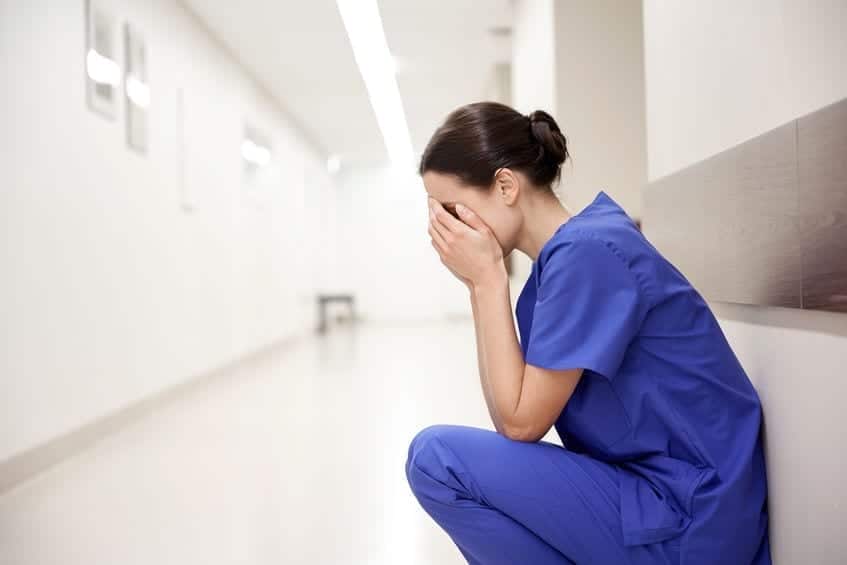How Florida Birth Injury Liability Works
Few experiences in life are comparable to the joy of becoming a parent. However, mothers across the world can attest to the fact that child birth isn’t easy — to put it mildly.
Worse, all it takes is a negligent midwife or health care professional to severely injure — or even permanently disable — your new bundle of joy. The pain of discovering that your newborn baby was hurt by a negligent health worker is both physical and emotional. It’s an ordeal that no parent should ever have to go through.
Sadly, medical negligence during childbirth is a well-known cause of injuries in neonates in Florida.
What can you do? If your baby suffered birth injuries at the hands of a negligent health provider, you are entitled to file a medical malpractice claim against all parties liable.
Birth Injury Liability in Florida
Like in most other medical negligence claims, the basis for liability in a birth injury claim is negligence by the health care provider. A health provider is said to have been negligent if they deviated in a risky way from the relevant guidelines and standards of child delivery and care as per the medical obstetrics profession such that their actions resulted in a birth injury.
Notably, however, a birth injury claim isn’t always limited to the medical doctor in charge of the delivery. An aggrieved parent may also file lawsuits against other responsible parties, including nurses, midwives, health care facilities, and pharmaceutical companies.
Hospital Negligence in Birth Injury Claims
In the medical malpractice arena, any hospital can be directly liable for its own negligence. Additionally, the legal doctrine of respondeat superior states that one may hold an employer vicariously liable for the actions of their negligent employee. Consequently, you can hold a hospital vicariously liable when its employee’s malpractice results in a birth injury on your child.
How so?
Before hiring its medical staff, a hospital must make reasonable background checks into the education, training, licensing, and competency of such health practitioners as physicians, nurses, anesthetists, surgeons, and so on. Failing to do this may lead to the hiring of medical staff members who injure a child during delivery. Consequently, the hospital may be liable for negligent retention and supervision under the doctrine of corporate negligence.
There are various other ways in which a hospital may be directly liable for birth injury claims:
- Failure to properly investigate the credentials and eligibility of the attending physician to carry out the delivery in which a baby was injured
- Failing to provide adequate staff to maintain quality mother and child care, thereby culminating in a birth injury
- Hospital employees failing to follow treatment guidelines from the patient’s private attending physician, resulting in injury to the patient’s baby.
- Failure to protect the mother and her baby from harm
- Failing to perform the required clinical tests
- Failing to keep accurate patient medical records
- Irregularly admitting or discharging the mother and child
- Making medical errors
These are not the only ways that you may hold a health institution or health care provider vicariously or directly liable for injuring your baby during childbirth. Speaking to a malpractice attorney is thus the best way to clearly define the specific legal liabilities related to your birth injury claim.
About the Author:
Andrew Winston is a partner at the personal injury law firm of Winston Law. For over 20 years, he has successfully represented countless people in all kinds of personal injury cases, with a particular focus on child injury, legal malpractice, and premises liability. He has been recognized for excellence in the representation of injured clients by admission to the Million Dollar Advocates Forum, is AV Preeminent Rated by the Martindale-Hubbell Law Directory, enjoys a 10.0 rating by AVVO as a Top Personal Injury Attorney, has been selected as a Florida “SuperLawyer” from 2011-2017 – an honor reserved for the top 5% of lawyers in the state – and was voted to Florida Trend’s ”Legal Elite” and as one of the Top 100 Lawyers in Florida and one of the Top 100 Lawyers in the Miami area for 2015, 2016, and 2017.
 My Brakes Stopped Working and I Crashed in FL – Am I Responsible?
My Brakes Stopped Working and I Crashed in FL – Am I Responsible? 

















